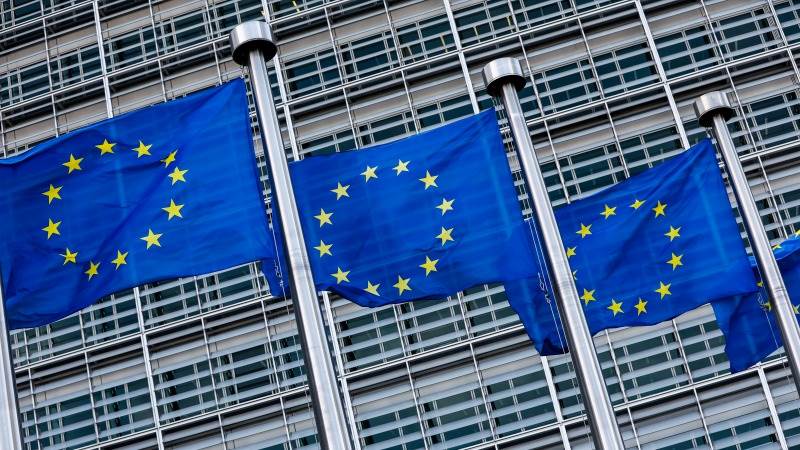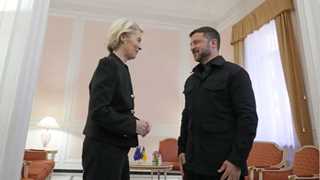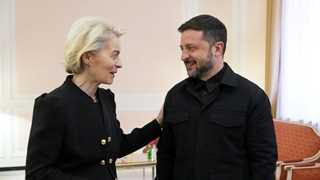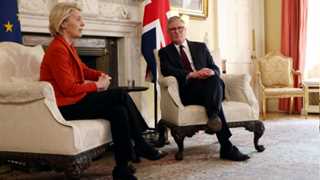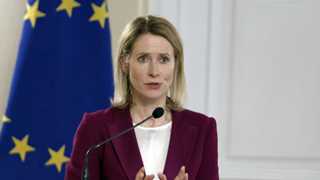European Commission President Ursula von der Leyen unveiled her proposal for the new Commission College on Tuesday. One candidate from each of the 27 member states received a portfolio to be in charge of for the next five years if confirmed by the European Parliament. But what message did Von der Leyen intend to send about the future of the European Union?
Her picks were influenced as much by the internal EU politics as international developments, most notably the ongoing war in Ukraine. As the Baltic states have continuously raised the alarm about the need to strengthen Europe's defenses against Russia, it made political sense to award the newly created defense portfolio to Lithuania's former Prime Minister Andrius Kubilius. A staunch advocate for Ukraine, he insisted the EU must commit to long-term support for Kiev and that peace can only be achieved "if Ukraine is winning and its territorial sovereignty is defended." However, while the EU has already earmarked funds for Ukraine, the funding of the union's defense industry will be a more controversial issue. Following his nomination, Kubilius has proposed defense bonds as one of the ways to raise money, which is instead likely to raise eyebrows in countries opposed to common debt, such as Germany and the Netherlands. Kubilius is set for a difficult five years, although general pro-Ukraine and pro-joint EU defense sentiment could help him stay afloat.
Another Baltic nominee is Estonia's most recent Prime Minister Kaja Kallas. She is slated to replace Josep Borrell as the union's top diplomat at a time when geopolitical circumstances can hardly be more volatile, from Ukraine to the Middle East to the prospect of another Trump administration in the United States. Kallas is another vocal Ukraine backer but she has not been particularly outspoken about her other foreign policy stances. The relative neutrality could serve her well as she negotiates a unified policy position among 27, sometimes very diverging, member states.
Meanwhile, France's Commission seat has unexpectedly proven to be the most controversial. Only a day before the nominations were announced, European Commissioner for Internal Market Thierry Breton resigned following a months-long disagreement with Von der Leyen, including his criticism of her as the candidate for Commission president. In his resignation, Breton claimed Von der Leyen asked the French government to withdraw his candidacy "as a political trade-off" for a more influential portfolio. Finally, France ended up submitting Foreign Minister Stephane Sejourne, who was nominated as the executive vice president for prosperity and industrial strategy. Unlike Breton's very public disagreements with tech companies over the EU's digital market regulations, Sejourne is likely to spend most of his tenure behind the scenes, working with other commissioners on wide-ranging industry issues, including defense, competitiveness, and green energy. His appointment could prove a decent compromise, with France keeping an important position in the Commission and Von der Leyen removing a thorn in her side.
